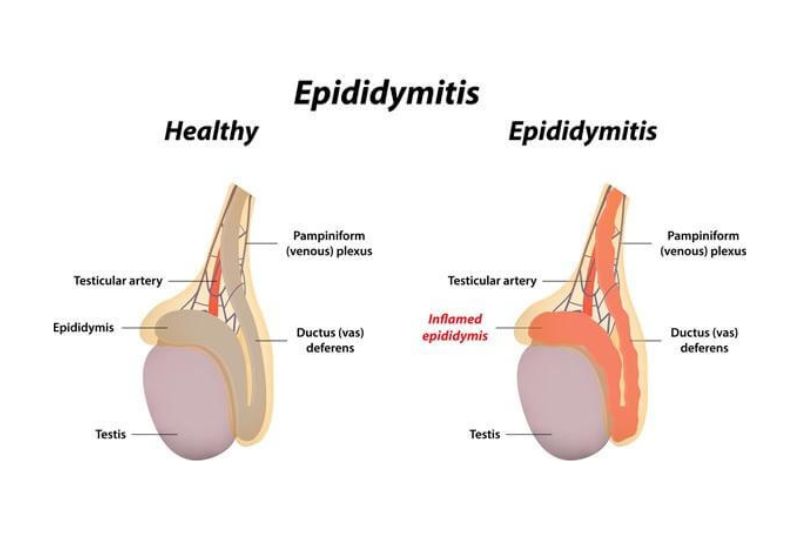The testicles, often referred to as the “seeds of life,” hold a crucial role in the intricate fabric of male health and reproduction. Beyond their role in fertility, testicular health influences hormonal balance, overall well-being, and even the sense of masculinity. This article dives into the realm of testicular health, exploring the functions of these remarkable organs, potential issues that can arise, and steps individuals can take to maintain optimal testicular function.
The Role of the Testicles
a. Sperm Production:
Perhaps the most well-known function of the testicles is the production of sperm. Sperm, the microscopic cells carrying genetic material, are essential for fertilization and the continuation of the human species.
b. Hormone Regulation:
The testicles produce testosterone, a hormone that plays a central role in the development of male reproductive tissues, secondary sexual characteristics, and overall health. Balanced testosterone levels are vital for energy, mood, muscle development, and bone health.
Common Testicular Health Concerns
a. Varicocele:
A varicocele is an enlargement of veins within the scrotum, often compared to varicose veins. While not always causing symptoms, a varicocele can lead to discomfort, affect sperm production, and potentially impact fertility.
b. Testicular Torsion:
Testicular torsion occurs when the spermatic cord twists, cutting off blood supply to the testicle. It is a medical emergency that requires immediate intervention to prevent permanent damage.
c. Testicular Cancer:
Although relatively rare, testicular cancer is a concern. Early detection and treatment are key to successful outcomes. Regular self-examinations and routine medical check-ups are essential for monitoring testicular health.
Nurturing Testicular Health
a. Self-Examination:
Regular testicular self-examinations can help detect abnormalities or changes in the testicles. Individuals should be familiar with the size, shape, and texture of their testicles and seek medical attention if any changes are noticed.
b. Healthy Lifestyle:
Engaging in a balanced diet rich in antioxidants, maintaining a healthy weight, staying physically active, and managing stress can contribute to overall testicular health and hormone balance.
c. Hygiene:
Proper hygiene, including regular bathing and wearing clean, breathable underwear, helps maintain a healthy environment for the testicles.
d. Protection:
Engaging in activities that carry a risk of testicular injury, such as contact sports, necessitates the use of protective gear to prevent accidents and potential damage.
e. Regular Check-ups:
Routine medical check-ups with a healthcare provider can help monitor testicular health, address concerns, and catch any issues early.
The testicles stand as a symbol of life, vitality, and masculinity. Beyond their role in fertility, testicular health influences hormonal equilibrium, physical well-being, and emotional health. Understanding the functions of the testicles and the potential challenges they may face empowers individuals to take proactive steps in maintaining their reproductive and overall health. By nurturing testicular health through self-awareness, healthy lifestyle choices, and regular medical check-ups, individuals can pave the way for a life marked by vigor, vitality, and the potential to create new life.

